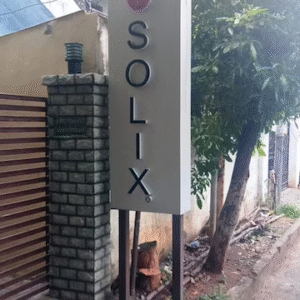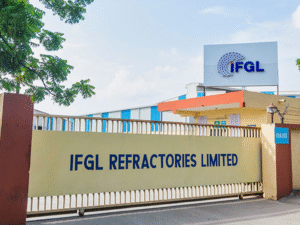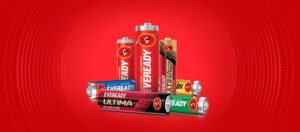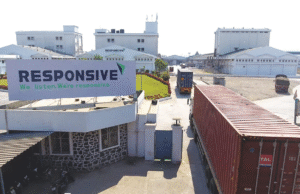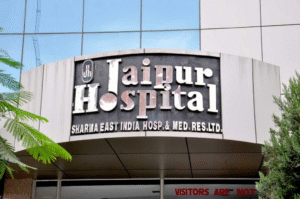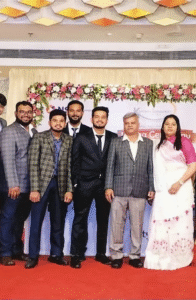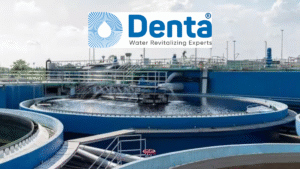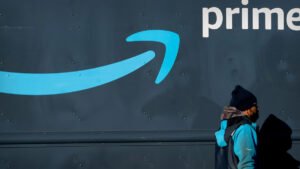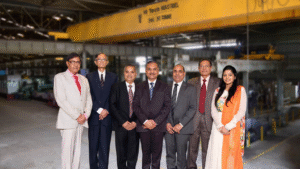1. At a Glance
IFGL Refractories is that kid in class who supplies cheat sheets to all the toppers (read: Tata Steel, ArcelorMittal, JSW, SAIL). Without its refractory products, steel plants would literally melt down like your patience during an Indian wedding sangeet. But here’s the twist—despite having 10 global plants, marquee clients, and decades of experience, the company’s profits behave like a Salman Khan box office movie: huge hype, weak ending.
2. Introduction
Picture this: you’re making steel, molten metal hotter than your chai, and you need containers, linings, and systems that won’t give up mid-job. That’s where IFGL steps in. They sell “refractories”—basically the armor plates for steel plants. No refractory, no steel. Simple.
Promoted by S.K. Bajoria Group and once tied to Japan’s Krosaki Harima (big daddy in the global refractory world), IFGL operates in 50+ countries with marquee clients—ArcelorMittal, Thyssenkrupp, Nucor, Tata, JSW. Sounds glamorous, right? Until you open their quarterly results. Revenue: okay-ish. Profit: abysmal. ROE: laughable.
In fact, their stock P/E (68.5) is higher than India’s inflation jokes, while return ratios barely beat fixed deposits. Think of it like buying a Ferrari but only driving it at 20 km/h on Delhi’s Ring Road.
But hey, management is spending crores on capacity expansions in Odisha, Vizag, and Kandla. Will this be the turnaround or just another season of Indian Idol (lots of drama, few real stars)?
3. Business Model (WTF Do They Even Do?)
Let’s decode in plain desi English:
- Products: Slide Gate Systems, Purging Systems, Ladle/Tundish Refractories—basically all the “don’t-let-your-steel-leak-and-kill-people” stuff.
- Revenue Mix: 85% from selling finished goods, 12% from trading, 3% from other hustles.
- Geography: 55% India, 45% exports—half desi, half NRI.
- Clients: Steel royalty. Top five bring 30–35% of sales (translation: lose one, and your balance sheet starts doing yoga stretches).
- Subsidiaries:
- Hofmann Ceramic (Germany): ceramics for foundries.
- Monocon (UK): refractory supplies.
- EI Ceramics (USA): clay-based refractories.
Oh, and they bought Sheffield Refractories in 2023, so now they also own a slice of British refractory curry.
But here’s the punchline: management openly said they won’t support overseas subsidiaries with Indian cash. Basically: “Kids, you’re on your own. Don’t call home when you’re broke.”
4. Financials Overview
| Metric | Latest Qtr (Q1 FY26) | YoY Qtr (Q1 FY25) | Prev Qtr (Q4 FY25) | YoY % | QoQ % |
|---|---|---|---|---|---|
| Revenue | ₹454 Cr | ₹415 Cr | ₹449 Cr | 9.4% | 1.1% |
| EBITDA | ₹36 Cr | ₹46 Cr | ₹33 Cr | -21.7% | 9.1% |
| PAT | ₹10.8 Cr | ₹25 Cr | ₹8 Cr | -56.8% | 35.0% |
| EPS (₹) | 1.50 | 3.42 | 1.17 | -56.1% | 28.2% |
Commentary:Revenue grew,
but profits crashed harder than an Indigo flight announcement about “slight turbulence.” PAT down 56% YoY, margins compressed. EPS annualized is ~₹6.0, which makes the P/E an insane 46–68 depending on your calculation. That’s like paying 5-star rates for a dhaba meal.
Question for readers: Would you ever pay 68x earnings for a business growing at 3–4%? Or is this the “Tesla of refractories”?
5. Valuation (Fair Value RANGE Only)
a) P/E Method
Annualized EPS = ₹6.0Industry P/E = ~42Fair Value = 6 × 30–42 = ₹180–₹252
b) EV/EBITDA Method
EV = ₹2,147 CrEBITDA (TTM) = ₹119 CrEV/EBITDA = 18x (ouch, too high).Peer Avg ~10–12x → FV range = ₹1,190–₹1,430 Cr EV → Per Share ~₹165–₹200
c) DCF (Back-of-Envelope)
Assume 8% revenue growth, 8% EBITDA margin, discount rate 12%. FV range = ₹190–₹240
Final FV Range: ₹165 – ₹252 (educational purposes only, not investment advice).
6. What’s Cooking – News, Triggers, Drama
- Capex Mania: ₹60 Cr at Odisha, ₹50 Cr at Kandla, ₹69 Cr at Vizag. Funded via ₹120 Cr term loan + internal accruals. Classic “growth funded by debt” story.
- Management Musical Chairs: August 2025—planned MD successor quit last minute, current MD extended. Corporate governance or daily soap?
- M&A Action: UK arm acquired Sheffield Refractories in 2023—expanding global reach.
- Promoter Moves: Bajoria family increasing stake by buying 15.5% from
